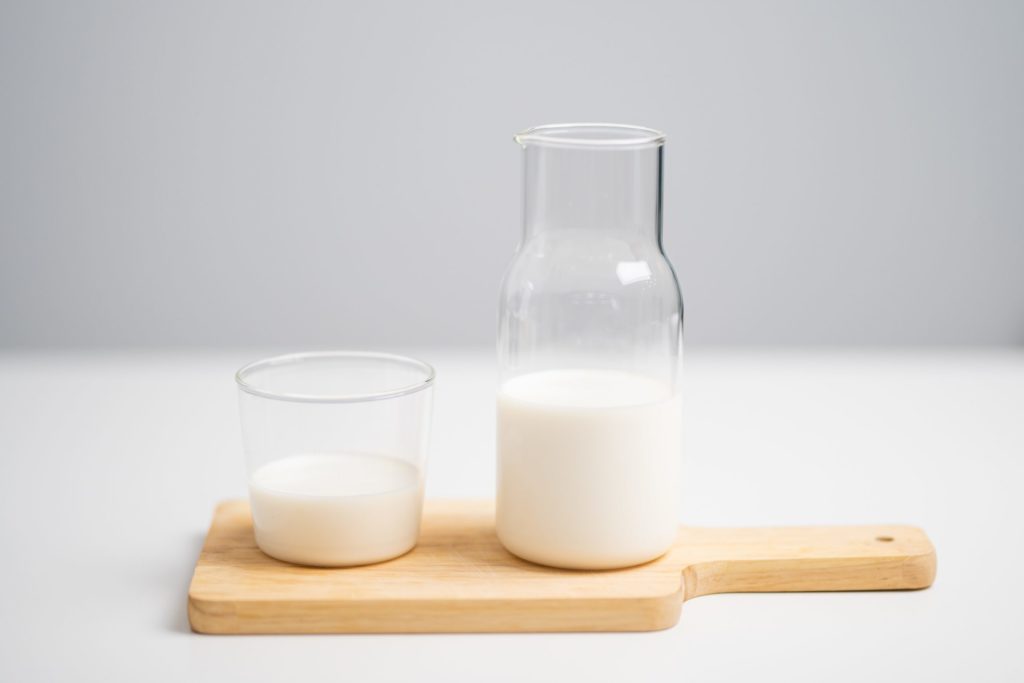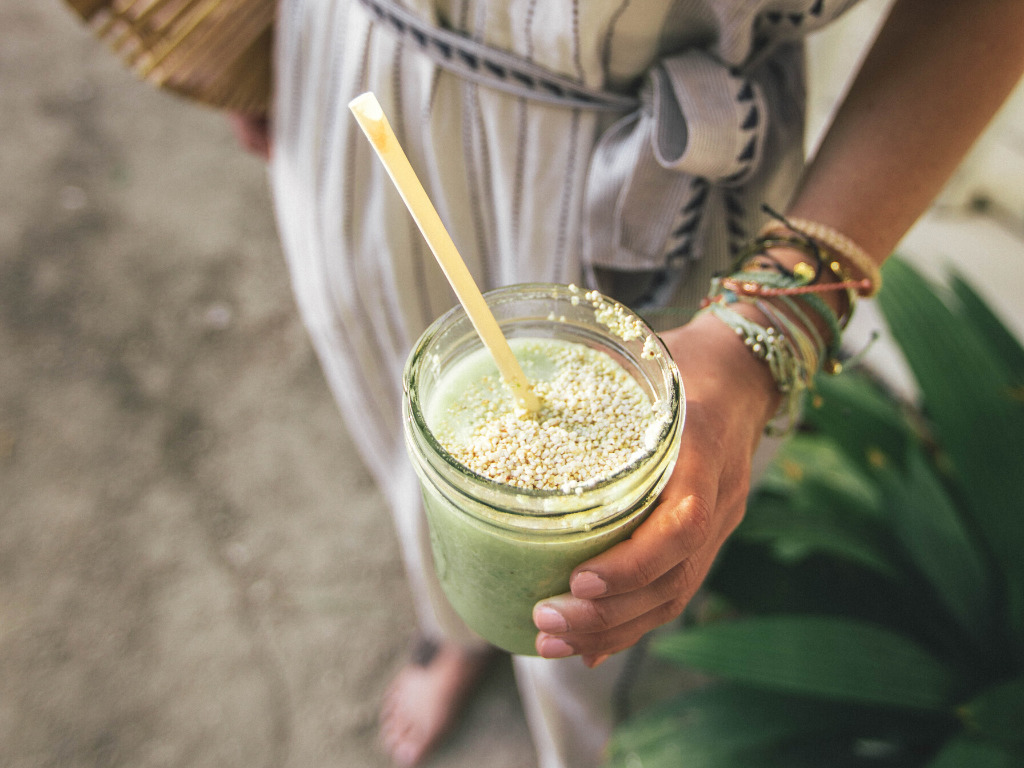3 Mins Read
A recent study claimed that women who follow a plant-based diet were 33 percent more likely to fracture a hip than omnivores. But the European Food Information Council (EUFIC) says there’s more to consider when assessing the risk. Does a plant-based diet really increase the risk of hip fractures?
According to the research, published in August, which was based on data from the UK Women’s Cohort Study of more than 500,000 women from ages 35 to 69, vegetarians and vegans showed a 33 percent increased risk of hip fracture. The study controlled for ethnicity, physical activity, menopause, use of tobacco, and other factors that could play a role in the risk of hip fracture. The study participants were followed for 22 years.
Correlation or causation?
But according to the EUFIC, the study does not prove that vegetarian diets cause hip fractures in women. The group says observational studies cannot prove direct cause and effect.
“Furthermore, other unmeasured dietary or lifestyle factors may be involved in the intricate link with hip fractures,” the group said. “Besides, self-administered questionnaire responses from the FFQ may introduce inaccuracies and it is difficult to ensure that they fully reflect a person’s health, lifestyle, and long-term dietary patterns.”

EUFIC says the media reports accompanying the study release pointed to lower BMI and possible nutritional deficiencies resulting from a vegetarian or vegan diet as the likely reason for the hip fracture risk.
“However, it is important to highlight that the study thoroughly explored the individual effect of such factors, with none having a significant impact on the results (i.e., the higher risk of hip fracture in vegetarians was not explained by any dietary nutrient intake nor entirely by BMI),” EUFIC says.
“Despite previous research showing an established association between osteoporosis (a condition which predisposes to fracture) and lower BMI or low calcium intake, for example, this specific study does not provide such evidence.”
According to the European osteoporosis 2019 guidelines, the most common risk factors for hip fracture include gender, low BMI, prior fragility fracture, parental history of hip fracture, steroid treatment, and current smoking and alcohol intake. It recommends regular weight-bearing exercise, adequate calcium intake, protein, and vitamin D. But it does not reference dietary patterns such as vegetarian or vegan.
Vegetarian diet benefits
Vegetarian and vegan diets have become more popular in recent years for environmental and health factors, with more alternatives to meat and dairy than when the study began.
EUFIC says this impacts the study’s findings: “the outcomes cannot be completely generalised to modern-day vegetarians.

“Also, as the authors acknowledge, neither can the findings be applied to non-white, non-European populations or to men. Moreover, vegetarians and vegans could not be analysed separately due to few study participants, including only 130 vegans (0.5% of women), 5 of whom developed hip fractures,” the group says.
Numerous research studies, including a 2021 report from the World Health Organization, recommend a predominantly plant-based diet that’s low in salt, saturated fat, and added sugar. The WHO also recently listed processed and red meats as likely or possible carcinogens. Another recent study found red meat was linked to an increased risk of cardiovascular disease.
Lead Photo by Farhad Ibrahimzade on Unsplash




